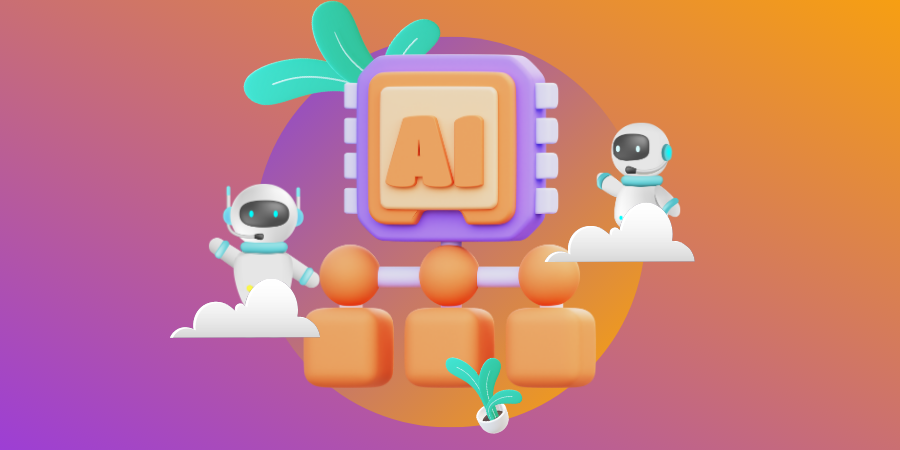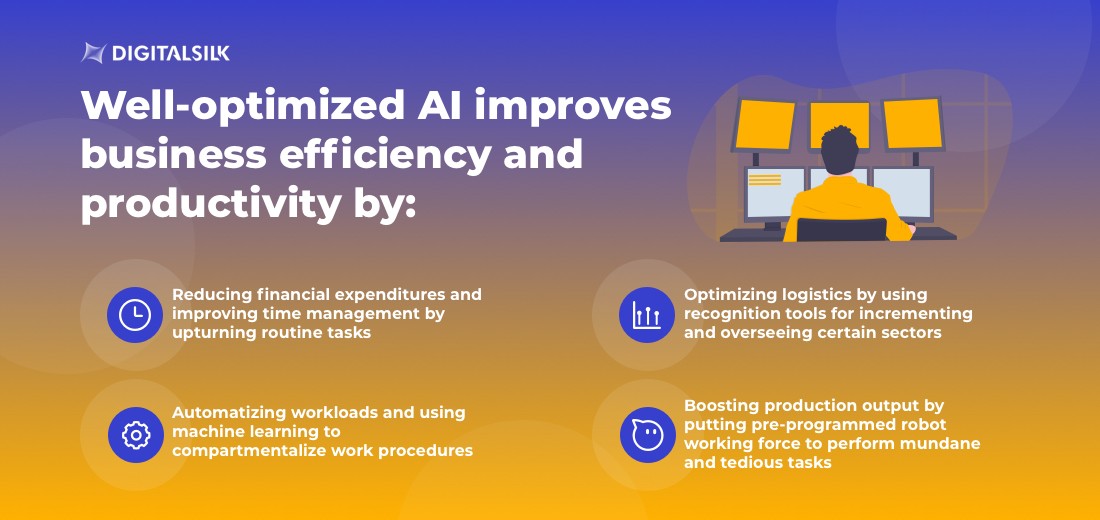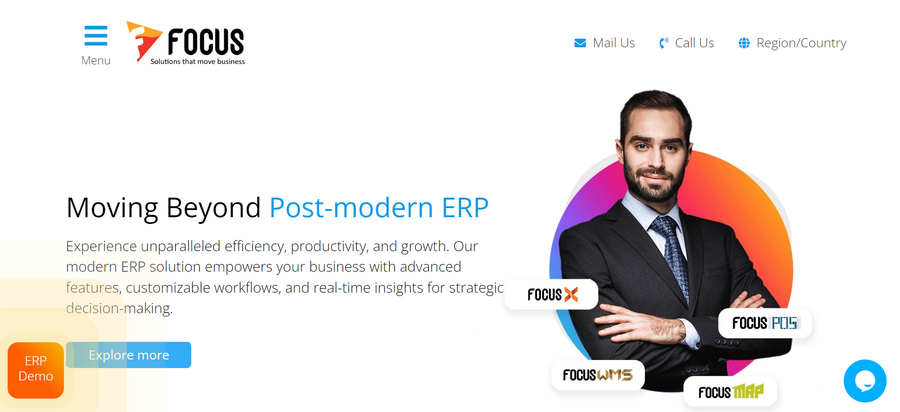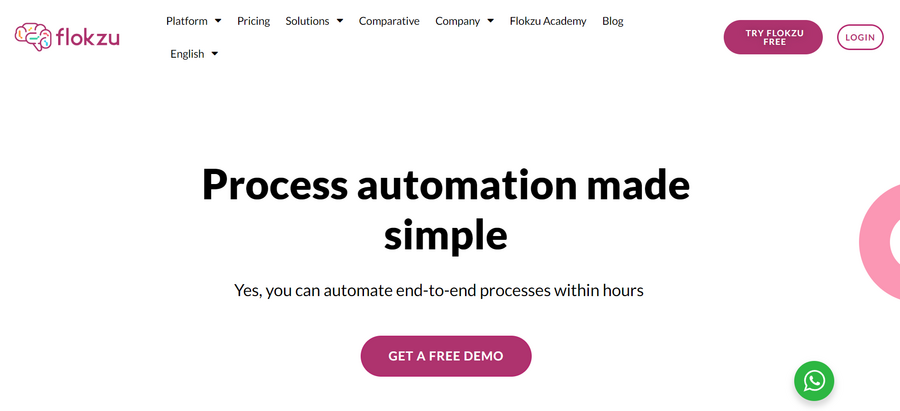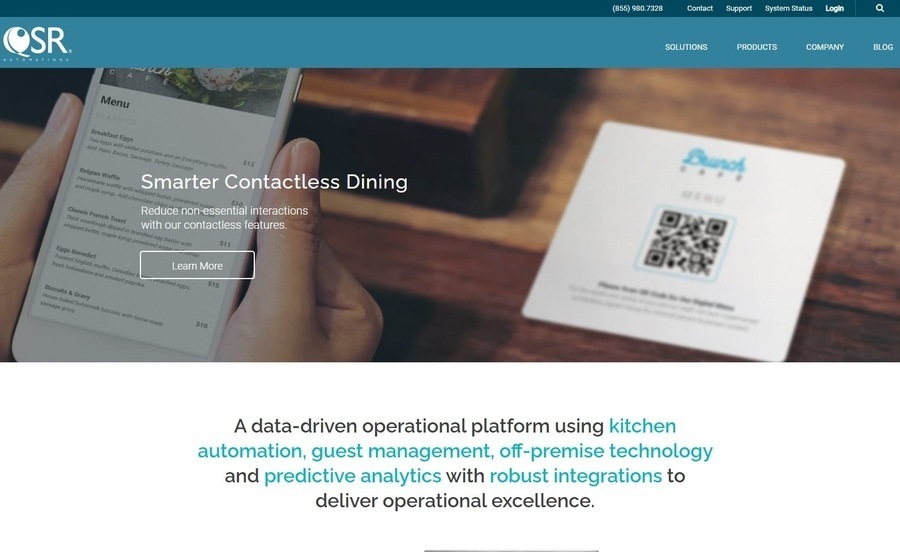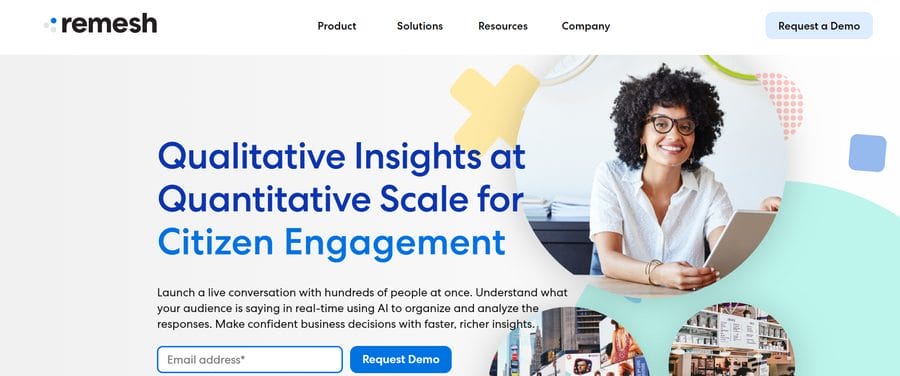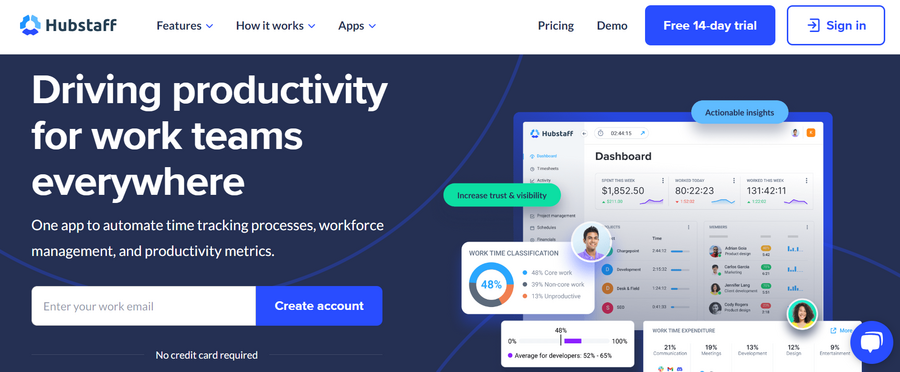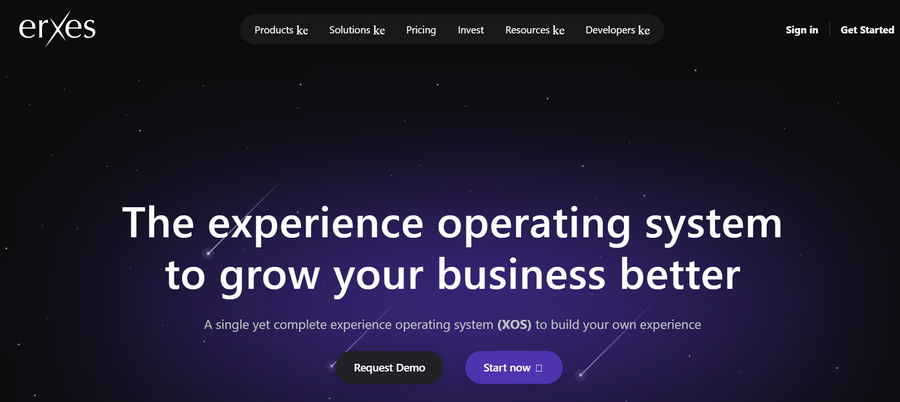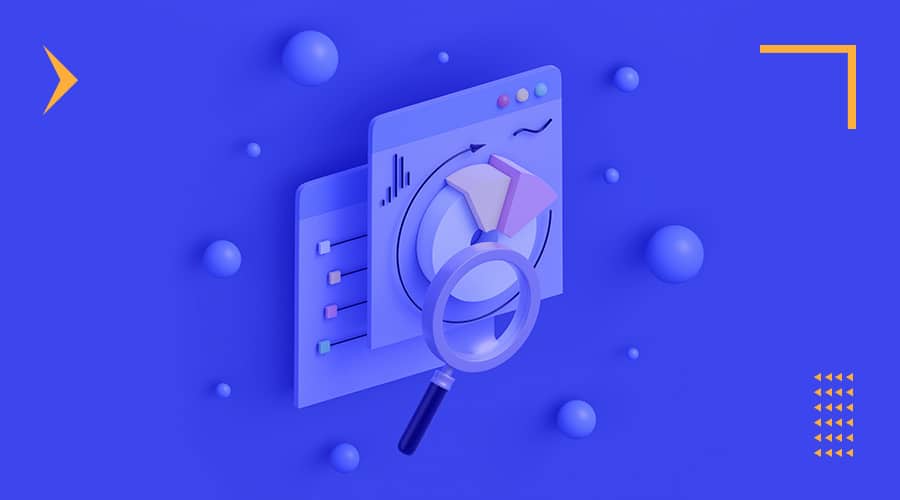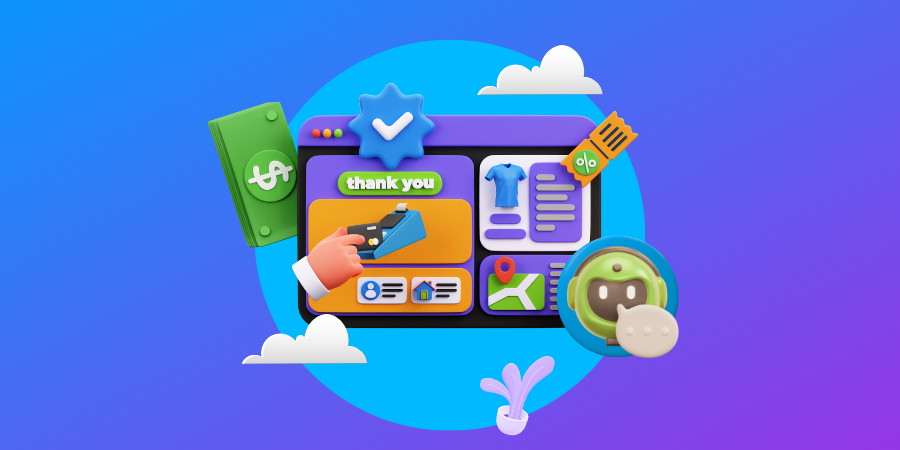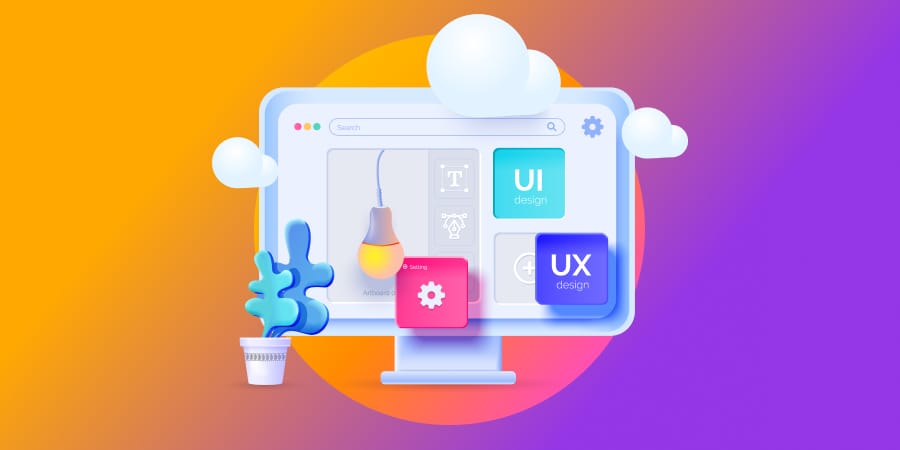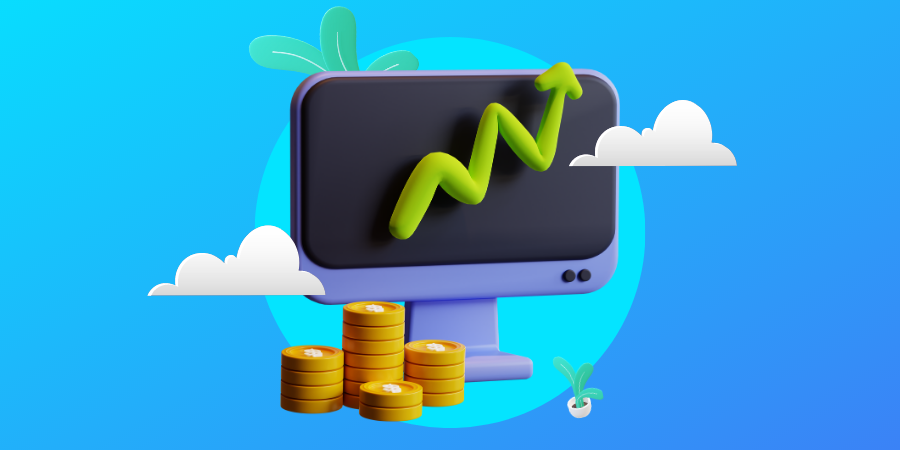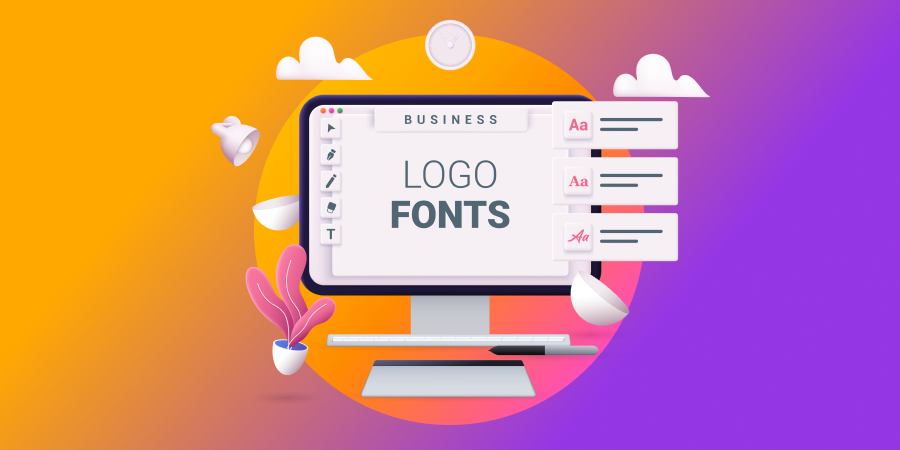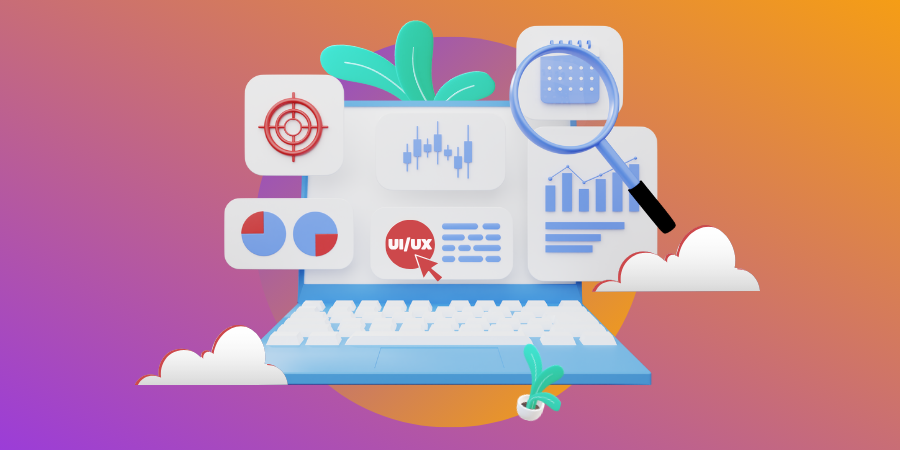Artificial intelligence (AI) in business has been, or is planning to be, implemented by 74% of global enterprises, according to IBM.
Integrating automation into business helps companies and organizations work more efficiently and more astutely. This can lead to boosts in revenue, reductions in costs and greater customer engagement.
Besides these operational and management improvements of business automation, AI has a strong impact on raising brand awareness; there are numerous successful case studies and examples of its use in customer service and marketing that we will explore in this article.
How does artificial intelligence in business impact and power companies and their resources? What are the ways of its integration, its main benefits and most revered examples of its successful use? Finally, which business automation tools can you use to enhance your productivity?
Let us look into all these, and more — step by step.
Digital Silk offers custom proposals. Request a quote
Artificial Intelligence In Business: How It Transforms Work & Market
83% of businesses that adopted AI have had substantial (30%) or moderate (53%) benefits.
Artificial intelligence is a segment of computer science that develops and utilizes machine intelligence, as opposed to intelligence showcased by humans. This technology’s aim is to enhance the following abilities in machines and digital systems:
- Knowledge reasoning
- Learning
- Planning
- Pattern-recognition
- Problem-solving
- Machine learning (ML)
AI is unlocking new potentials for enterprises to use their resources and data, make tech smarter through deep learning and come up with practical applications of AI in businesses. Artificial intelligence in business has become pivotal in companies’ identification of business opportunities and generating revenue.
Listen to this TEDTalk by Blackberry’s former Global Head of Business Development and his reasoning behind backing AI-enforced industries.
Integrating Artificial Intelligence Into Business
IBM’s research shows 58% of global businesses are using AI to both drive greater efficiency and cut costs, giving them a competitive advantage.
Artificial intelligence has helped research and develop the following aspects of the business that companies use for their financial and market positioning advancement:
- Voice and face recognition
- Targeted advertising and remarketing
- Chatbots, online support and virtual assistance agents
- Predictive analytics and customer service
- Web search suggestions
- Email spam filters and categorization
- Automatic scheduling
- Internet of Things
These particular advances, which can tackle challenges of any level of complexity, are now widespread and prevalent. In certain other areas, the application of artificial intelligence in business includes but is not limited to:
- Service personalization
- Product recommendations and predictions
- Detection of fraud
- Automated responds
- Automated insights for data-driven industries
- Newsfeed and content personalization
- Language recognition
- Voice-to-text
- Business forecasting
The above are most commonly practiced in eCommerce, customer relationship management (CRM) marketing and business management.
Benefits Of Artificial Intelligence In Business
According to Amplifying Human Potential: Towards Purposeful Artificial Intelligence study by Infosys, the main incentive for companies to decide in favor of using artificial intelligence in business is the advantage they may gain over competitors.
Other notable driving forces for integrating artificial intelligence in business are:
- Customer demand for it
- A particular problem that demanded the use of AI
- Internal experimentation
- A direct executive decision
These define the opportunities on which companies and businesses can profit from AI systems by boosting customer engagement and retention, strengthening customer retention and elevating levels of confidence exhibited by consumers towards their brand.
Below are some of the most common advantages of using of artificial intelligence in business across various industries.
1. Improvement Of Customer Engagement & Customer Experience
For 84% of digital marketing leaders, using AI/ML can help deliver real-time, personalized experiences to customers.
Customer care is the number one priority for any business. It works as a way of customer retention and, if done right, can convey a sense of professionalism and outstanding approach, which build brand integrity.
AI systems and programs can be used for the prediction of customer preferences and how trends in what people like and dislike change.
This is a gateway to offering your customers personalized experiences (see Coca-Cola and Nike case studies in the following segment of this article) and better products.
Generating quality leads through mining a big quantity of data can and will grow your customer base. At the same time, business expertise and reputation may soar due to the intelligent advice and support virtual chatbot assistance agents provide.
The real-time assistance can be provided to users in relation to eCommerce, banking and other tasks that involve financial transactions.
According to Entrepreneur’s article on how AI chatbots transformed brand experience, 57% of businesses claim that “chatbots deliver substantial ROI with minimal efforts and are able to answer 80% of common questions.”
Furthermore, these chatbots are providing “exceptional customer assistance.” Estimates say that 83% of people need support during online shopping.
Chatbots also make customer interaction dynamic and enhanced and are “monitoring customer data and gaining valuable insights — from which data can be used to make executive marketing and retail decisions later.”
Meet our expert developers. Set Up A Consultation
2. AI Optimization Of Processes, Efficiency & Productivity
The use of chatbots can save 30% in customer service fees as they handle 80% of routine tasks and customer questions.
Looking at the internal affairs of a company, artificial intelligence software can do your workflow and its outcomes a lot of good.
A well-optimized artificial intelligence in business assistance will increase productivity and operational efficiencies through:
- Reduction of financial expenditures and improvement of time management by upturning routine tasks
- Automatization of workloads and use of machine learning to compartmentalize work procedures
- Optimization of logistics by using recognition tools for incrementing and overseeing certain sectors
- Boost of production output by putting pre-programmed robot working force to perform mundane and tedious tasks
3. Supports & Speeds Up Business Decisions
78% of business leaders see generative AI as a top emerging technology over the next three to five years.
Thanks to the velocity of computer processes and state-of-the-art technology, immensely valuable data that pertains to customers, products, services or the company’s own processes can be gathered much faster than before.
Consequently, company executives are in a position to reach decisions and take a course of action expeditiously, sometimes instantaneously.
These decisions are based on cognitive technologies outputs and outcomes of their big data collection.
When predicting the performance of a business endeavor or marketing campaign, enterprises can use AI apps that asses when performance goals can be reached.
User behavior can also be predicted via algorithms that analyze online behavior patterns. As a result of this, companies can offer custom-tailored services or target the right ads to the right demographics.
4. Reduction Of Human Factor & Errors In AI
Artificial intelligence in business systems that are properly set up can reduce human factors — environmental, organizational or characteristic elements that influence human behaviors.
Without these factors, your business can minimize the number of errors in production or customer relations.
5. Maximization Of Artificial Intelligence Sales Opportunities & Revenue Increase
60% of businesses in the financial services sector anticipate savings as a direct result of AI.
Artificial intelligence in business can skyrocket companies’ turnover and bolster sales opportunities.
One McKinsey & Company study concluded that there is a very definite link between the company’s AI maturity and revenue growth:
“Organizations that report faster growth in revenue over the past three years were also more likely to be further ahead when it comes to AI maturity. AI is perceived as a long-term strategic priority for innovation, with 76 percent of the respondents citing AI as fundamental to the success of their organization’s strategy, and 64% believing that their organization’s future growth is dependent on large-scale AI adoption.”
Sales opportunities enhancement can happen thanks to AI’s ability to mine for in-depth data with utmost efficiency. This is data that can help you get a better overview of your brand’s assets and customer behavior. With this data, marketing and advertising can be also optimized.
How Artificial Intelligence In Business Reaches Its Full Potential
Spending on artificial intelligence in the United States will grow to $120 billion by 2025, but only when invested strategically will your business see the benefits of AI.
The implementation of AI into business practices and procedures can be optimized so that your company makes the most of its full potential.
Different methods can be applied to take full advantage of AI processes and systems within your organization.
These include:
1. Defining Where To Implement AI In Your Processes
Understand what your business needs by determining what issues can be eliminated or what points can be improved using AI.
Setting the proper objective for AI use in your business can mean:
- Automating tasks
- Prioritizing a concrete value (appraisal of the business and financial price of AI implementation)
- Adding AI capacities to your existing products and services
2. Using Smart Algorithms To Target Ideal Audiences
When you define your optimal demographics (target audience), you can conduct relevant messaging and communicate it in an effective manner.
This, in turn, converts potential users into consumers.
By using AI’s smart algorithms and instant profiling, your company can display pertinent advertisement campaigns and singular ads to people who are most likely to be your buyers.
These smart algorithms can be applied in social media marketing, email marketing or paid search. This method cuts expenses from serving ineffective ads to the wrong audiences. It can also be used to better engage with your target audience through tailored communication.
Facebook’s(now Meta) ability to let users create Custom Audiences is an example of smart algorithms used to target ideal audiences.
3. Synthesizing Big Data
As your business operations expand while you grow, your company can find itself in need of AI software for the management and consolidation of all the data gathered from these resources into a single dashboard.
This is the basic principle of Big Data — extraction and systematization of data into one concise report, similar to those found in Google Analytics reports (in terms of visuals).
By synthesizing data, these AI data assistants can monitor your business’ performance across networks to alert you of issues or trends.
4. Making AI A Part Of Daily Routine
It is not a small matter to ensure your business’ tech resources and capabilities can handle the AI solutions you plan to integrate into your daily tasks.
Sufficient storage and an optimal internet speed are just two aspects to consider before rolling out your own strategy for AI-based processes.
The insight that AI provides is a valuable asset for employees in your organization to make it a part and parcel of their everyday working routine. As Moogsoft’s Global IT Evangelist, Dominic Wellington explains, as most employees react negatively to the way tech can influence their job, it’s best to introduce it as something that will augment their daily jobs.
5. Mitigating & Managing AI System Risks
Is using artificial intelligence in business risky? Most likely — as any new tech does have its risks, but it’s nothing to fear. This is merely another aspect of integrating AI into a business that one needs to be prepared for.
Some of the limits and risks of AI use in business can prove to be:
- The complexity of technology
- Staff’s skill shortage
- Inconsistency of unavailability of data (the solution: setting the clear strategy for sourcing the AI data from the get-go)
- The cost of technology and potential outsourcing
- The potential loss of data or codes when AI programs are updated and upgraded, for which restoration is costly and time-consuming
Here are some ways to mitigate and control these risks:
Take smaller steps: Create smaller initiatives and projects at first and assess the successes and failures when integrating artificial intelligence into business. Understanding the risk factors will translate this to something of a bigger scope much more successfully.
Achieving clarity by pinpointing critical risks: Your enterprise should prioritize defining the greatest risks that badly-tuned AI could provoke. In one such example, European Bank deduced that their product recommendation was bad and or/biased and that it could have done more damage than good, the long-term.
Instate controls on the company level: Controls and oversights of artificial intelligence in business processes on the company level are instrumental. Contingency plans, employee training and by-the-book procedures also must be instated to offset any malpractices and risk factors of AI.
5 Examples Of Artificial Intelligence In Business For Different Segments
Brands that are at the forefront of their respective industries are already using artificial intelligence in business. The following examples describe how they went about doing it and in which areas they proved successful.
AI In B2B & Customer Experience
1. FedEx & Sprint’s Predictive Analytics
Predictive analysis data can be used for the purposes of customer retention. FedEx and Sprint are using this data to detect customers who may leave them for competitors, and they claim they can do it with 60%—90% accuracy.
Besides leaving for competitors, the delivery companies are able to identify, in advance, customers that are 10 times more likely to cancel their delivery.
The predictive analysis data pinpoints the factors prompting certain groups to disperse. Companies with this upper hand can then optimize their messaging and campaigns directed at those customers, stopping them to leave.
Artificial Intelligence In B2C & Marketing
2. Coca-Cola’s Big Data-Driven Success
The world’s biggest beverage brand, Coca-Cola, accumulates enormous quantities of data through the sale of billions of drinks on a daily basis.
And they put that data to amazingly good use, to inform a business decision on a strategic level!
It was back in 2012 when Coca-Cola announced the use of Big Data in their business. Their Chief Officer, Esat Sezer, said that big data gives the intelligence to cap social media, mobile applications cloud computing and eCommerce off — giving “companies like Coca Cola an unprecedented toolset to change the way they approach IT” and business.
This was backed by the more recent statement by Coca Cola global director of digital innovation, Greg Chambers, who confessed “AI is the foundation for everything we do”, as they “create intelligent experiences.”
Case in point: the launch of Cherry Sprite!
The decision to push this new flavor was based on data collected from the so-called self-service fountains, the new generation of soft drink automatons that allow customers to create their own drinks by mixing flavors.
AI In eCommerce & Retail
3. Target’s & Asos’ Visual Search
Visual search is a big part of eCommerce in particular. Google Images and Pinterest popularized it and made it mainstream, but it’s online shops that are turning revenue with it.
Case in point: Target and Asos. It was exactly with Pinterest that Target joined forces in 2017 for the integration of Pinterest Lens, which is a visual search tool used in real-life. This made it possible for Target shoppers to take a photo of any garment with their app and find something similar in Target.
Asos took this concept a tad further, with their Asos’ Style Match. The principle behind it is the same as Target’s — taking a photo of an item and then searching Asos catalog for something like it — with one crucial difference: it also entails “visual social listening.”
Visual social listening lets marketers and eCommerce businesses detect visual trends and make the best use of brand visuals and products by finding out how consumers interact with them (their name or logo) when not referred to by the name.
4. Nike’s Customization Programs & User Engagement
Global sports apparel manufacturer, Nike, is using AI-driven Big Data, augmented reality in apps and prediction algorithms to provide their customers with futuristic customer-centric service.
Their flagship store in NYC and one in Tokyo are letting customers customize their shoes down to the last detail — and wear them in a matter of hours!
Their other notable products, such as Nike Fit and Nike Plus utilize AI in order to create even more personalized customer experiences.
The former lets consumers scan their feet to get the most precise measurement when choosing the size of their shoe.
Meanwhile, the latter provides more value to loyal users who get to experience new shoes before they’re released.
AI In Social Media
5. Persado’s Emotionally Targeted Marketing Messages
Persado is a product by the namesake creator company whose main objective is assisting eCommerce businesses increase their conversion rates through resonant social media copy.
Social media messaging can be highly customized — so much so that it speaks to a user on an individual level. Persado’s greatest advantage — and certainly, its AI’s biggest success — is deploying one-to-one campaigns on social media that are based on “historical emotional engagement.”
PersadoOne unlocks the power of words (the catchy motto behind this product). With its emotionally charged Facebook newsfeed ads, it skips the consumer segments and communicates to the individual — the first at this scale to (be able to) do so.
The magic behind this almost uncanny ability is, you guessed it — machine learning. Users’ emotional profiles are determined through machine reactions to previous campaigns. Persado’s language differentiates 15 emotions and 3 levels of intensity — in 23 different global languages.
As this official video’s preview exclaims, Persado reinvents digital creativity “by applying mathematical certainty to words.” And where there’s math — there’s AI.
Nonprofits & Ethical AI
Using artificial intelligence in business for the purposes of charity is a rising trend.
A recent study found that 89% of nonprofit professionals say that implementing AI can improve efficiency within their organization
6. Google AI For Social Good
Google was the first to get on board with this big societal change, driven by AI. They have asked enterprises and organizations to give them ideas on how to do this and they got applications from 119 countries. Google chose 20 organizations that they will support, all with different causes.
Thus, Google AI was born — which, thanks to research, engineering and other initiatives, it built the “AI ecosystem to address societal challenges”.
Some of the questions the team asked themselves were:
- Could AI predict natural disasters before they even occur?
- Can AI track diseases as they spread?
- Can AI protect endangered species?
On their official page, they’re quoted as saying:
“Our work is centered on two pillars: applying core Google research and engineering efforts to projects with positive societal impact, including partnering with experts, and empowering the ecosystem with tools and resources through initiatives like the Google AI Impact Challenge.”
Examples of businesses using AI to their advantage are an important way to gain inspiration for your brand.
However, knowing which business automation tools can enable you to take the same steps as the success stories ahead is a vital next step.
7 Best Business Automation Tools To Enhance Your Productivity
One major benefit of AI is that it can be used across your business processes to improve your productivity and outputs.
In fact, the boost from AI to productivity alone is expected to contribute $6.6 trillion to the global economy by 2030.
There are countless tools that utilize automation to provide services that improve your operations across the board, whatever your industry.
Some of these top tools include:
Tool 1. Focus ERP
Focus ERP is Focus Softnet’s next-generation ERP software, a distinguished vendor of enterprise resource planning applications that support business builders to drive progress.
Some of the key benefits and features the Focus 9 ERP system brings to an enterprise include CRM integrations for seamless information flow, intuitive user experience and more.
Other relevant information about Focus 9 includes:
- Pricing: Starting from $199 per user
- Notable clients: Sealed Air, Diversey, Jockey
- G2 review: 3.4/5
Tool 2. Flokzu
Flokzu is a cloud app designed to define and automate business processes and cloud workflows between teams.
It can centralize all e-documents or files, allowing users to search through them, manage pending tasks, define alerts and integrate with other systems, and eliminating the need for complex spreadsheets and endless emails.
Other relevant information about Flokzu includes:
- Pricing: Starting from $18 a month per user
- Notable clients: Santander, Colliers, Uruguay Ministry of Public Health
- G2 review: 4.9/5
Tool 3. MyMedLeads
MyMedLeads is a comprehensive lead management tool for the medical industry that captures, manages, and converts prospects to patients. The MyMedLeads.com tool helps businesses manage all inquiries (online & phone) and capture virtually 100% of their prospects.
Other relevant information about MyMedLeads includes:
- Pricing: Custom
- Notable clients: Personique Surgery Centers, The Eye Institute of Utah, Dr Young Forever
Tool 4. QSR Automations
QSR Automations® helps restaurants create simpler workflows and more robust operations. From kitchen automation to guest management solutions, our platform-based solutions make restaurants more efficient, capable and profitable.
Other relevant information about QSR Automations includes:
- Pricing: Custom
- Notable clients: KFC, Shake Shack, TGI Fridays, The Cheesecake Factory
Tool 5. Remesh
Remesh is an online focus group that allows users to have a live conversation with their customers at scale, using AI to analyze and organize their audience’s responses in real-time.
Other relevant information about Remesh includes:
- Pricing: Custom
- Notable clients: Mercer, Barclays, Nascar, Nestle
- G2 review: 4.2/5
Tool 6. Hubstaff
Hubstaff provides time tracking, productivity and workforce management for remote and distributed teams. With one central dashboard and full-featured desktop, web and mobile apps, users can track time, monitor costs, bill and manage payments and more.
Other relevant information about Hubstaff includes:
- Pricing: Starting from $4.99 a month per user
- Notable clients: Groupon, WRS Health, LA Clippers
- G2 review: 4.3/5
Tool 7. erxes
erxes is an open-source growth marketing software designed to optimize users’ multi-brand businesses.
It is an all-in-one solution that wraps sales, marketing and customer support into a single platform. erxes helps users connect with their customers without switching apps for every interaction.
Other relevant information about erxes includes:
- Pricing: Starting from $0
- Notable clients: Bridgestone, Xerox, Volkswagen, Toyota, KFC
- G2 review: 4.3/5
Make The Most Of AI For Your Business With Digital Silk
When implemented correctly, AI can bring your business greater profitability, efficiency and consumer connectivity.
At Digital Silk, we keep up with the latest technology trends to provide cutting-edge results across our digital solutions, which include:
When partnering with our award-winning designers and expert developers, you receive:
- Project ownership
- Total transparency
- Measurable results
Contact our team, call us or Request a Quote via the form below to tell us more about your digital project.
"*" indicates required fields

